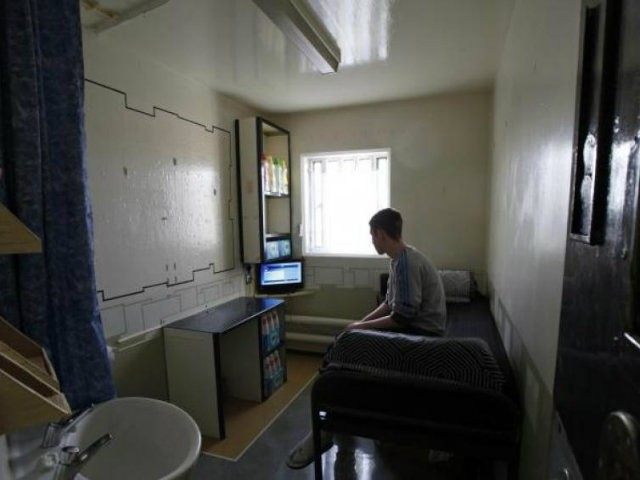The European Court of Human Rights had ruled the British government has breached the human rights of prisoners by barring them from voting in elections, however it did also say that they are not entitled to compensation.
The latest mass claim was brought by lawyers of prisoners or former prisoners who were prevented from voting in elections between 2009 and 2011. These include the European Parliament elections in June 2009, the General Election in 2010 and elections to devolved assemblies in 2011.
Strasbourg first ruled that the UK’s ban was illegal in October 2005 in the case of Hirst v the UK. The court found it to be in violation of article 3 of protocol No 1 to the European convention on human rights, which relates to the right to free elections.
The latest judgement said: “The court concluded that there had been a violation of article 3 of protocol No 1 because the case was identical to other prisoner voting cases in which a breach of the right to vote had been found and the relevant legislation had not yet been amended.”
Sean Humber, head of the human rights department at the firm Leigh Day who acted for 554 of the claimants, described the UK’s refusal to change the blanket ban, despite overwhelming public support for maintaining it, as a “perverse pleasure”.
“Despite the European court of human rights having first ruled that the UK government’s blanket ban on allowing prisoner voting was unlawful a decade ago, and confirming the unlawfulness of this blanket ban in a succession of further judgments ever since, the government stubbornly refuses to act,” he said.
“We are in a position where the government appears to take a perverse pleasure in unlawfully breaching the human rights of thousands of its citizens. It should be extremely worrying to all of us that the government seems to have so little regard for its international human rights obligations or the rule of law.”
But UKIP’s Justice and Home Affairs Spokesperson Diane James MEP said it was not the place of the ECHR to decide on the British legal system, saying it has “a history of giving succour to murderers and terrorists.”
“This case highlights that a foreign court with inexperienced judges has final say over the British justice system,” she said.
“The ECHR has not pulled back one inch in demanding its right to be the final judge.”
“UKIP believes that it should be the British parliament which should have the final decision on which laws are implemented in the Britain. There should be no unwarranted interference in a national issue.”
There will be no changes to the current rules before the General Election in May. The Conservative Party have said that should they win the election, it will treat judgements from the ECHR as ‘advisory’ and threatened to withdraw altogether if court is unwilling to accept this approach.
Following the ruling, a Ministry of Justice spokesperson said: “The Government has always been clear that it believes prisoner voting is an issue that should ultimately be decided in the UK. However we welcome the Court’s decision to refuse convicted prisoners costs or damages.
“The Government continues to consider the issue of prisoner voting rights but this is a difficult and complex area. Despite continued consideration of the issues, it is clear that a consensus will not be reached in this Parliament given the strongly held views across both Houses. Therefore the Government will not introduce legislation on prisoner voting rights in this Parliament,” they added.
Responding to today’s ECHR ruling on prisoner votes, Timothy Kirkhope MEP said: “While this is a technical ruling – it has no implications for the UK in terms of compensation or costs – it is still a disappointing one.
“Our view has not changed – that prisoners forfeit their right to vote along with other freedoms when they commit the crimes that get them sent down. It is they who break their contract with society, not the other way round. That is how the vast majority of the public in Britain see things too.”

COMMENTS
Please let us know if you're having issues with commenting.